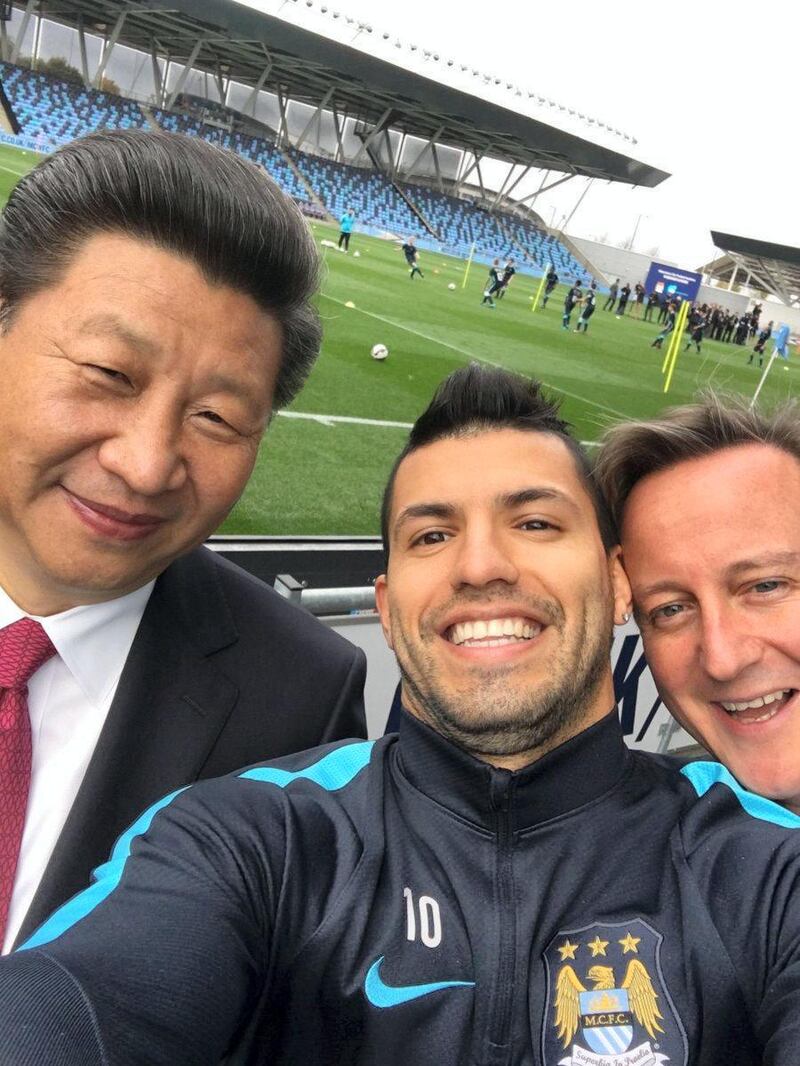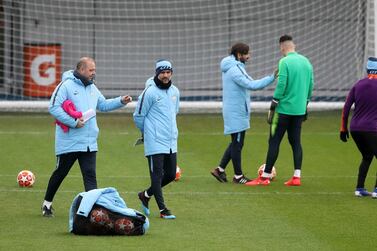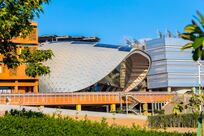City Football Group, the owner of Manchester City, has expanded its investments to seven football clubs around the world with the purchase of a third-tier professional team in China, as it looks to tap into the huge potential for the game in the globe’s most populous country.
The group has bought Sichuan Jiuniu FC, in China League Two, jointly with Chinese artificial intelligence and robotics firm UBTECH and China Sports Capital. The latter is owned by Sequoia China and China Media Capital, which is a 13 per cent shareholder in City Football Group.
City Football Group, UBTECH and China Sports Capital have today announced the joint purchase of Chinese Club Sichuan Jiuniu FC, in the China League Two ⚽️
— Manchester City (@ManCity) February 20, 2019
STORY: https://t.co/UnqcZVKrbF pic.twitter.com/GyHio1t4C3
Sichuan Jiuniu, which was founded in 2006, plays its home games at the 27,000 capacity Chengdu Longquanyi Football Stadium. It finished last season in 24th place in the division of 28 teams.
City Football Group also has minority shareholdings in Japan’s Yokohama Marinos, Uruguay’s Club Atletico Torque and Spain’s Girona, as well as owning the English Premier League champions, New York City FC and Melbourne City Football Club.
Partly because of its population of more than 1.3 billion people, professional football in China has long-been seen as having immense commercial and social potential. More recently, President Xi Jinping in particular has promoted its development thanks to his own love of the game and his dream of World Cup success for China. However, an era of big money foreign signings in the Chinese Super League – the country's top professional tier – seems to be drawing to a close. Still, it is expected that at all levels of the game, government backing will continue, according to research by the University of Nottingham.
Ferran Soriano, City Football Group’s chief executive said “we believe strongly in the future of football in China. We are making a long-term, sustainable commitment to grow and develop Sichuan Jiuniu FC and to nurture Chinese footballing talent”.
The short-term focus will be improving the team's performance, connecting with the club's fans and building a strong presence in the community, he said.
"We cannot wait to get started.”
According to Sheng Li, managing partner at China Sports Capital, the goal is to build Sichuan Jiuniu into one of the most professional football clubs in China "with long-term sustainability and develop an ever-growing pool of talented young players".
The involvement of UBTECH in the deal seems incongruous at first glance but the company has been developing the integration of AI and robots into education including helping children to develop their football skills.
The $5 billion tech company and Manchester City are running a programme which provides robots to pupils at 32 primary schools in Manchester.
“We believe this approach can help the future of education and of football,” said James Zhou, UBTECH’s founder and CEO.
UBTECH is also one of Manchester City's sponsors.
City Football Group has offices in Shanghai and Shenzhen and it provides coaches to schools around the country as part of a Chinese Ministry of Education programme.
The group's chairman, Khaldoon Al Mubarak has previously stated that China has tremendous potential and value long-term for its ambitions.
City Football Group is majority owned by Abu Dhabi United Group, a private investment firm of Sheikh Mansour bin Zayed, Deputy Prime Minister and Minister of Presidential Affairs.






